Thousands of Brits switch to Nationwide, Monzo and NatWest – which banks are least popular?
We look at the most and least popular banks and building societies among Brits as current account bank switches reach a record high. Is it worth moving your money?


Get the latest financial news, insights and expert analysis from our award-winning MoneyWeek team, to help you understand what really matters when it comes to your finances.
You are now subscribed
Your newsletter sign-up was successful
Want to add more newsletters?
Not all banks are equal, so it’s no wonder that Brits are compelled to switch accounts in search for something better.
That could be anything, whether it’s a bank switching offer with a lucrative cash bonus, access to a bank branch, higher interest rates or spending benefits.
The latest Current Account Switch Service (CASS) data shows that more than 12.4 million switches have taken place since the service launched in 2013, with over a million switches made in 2025.
MoneyWeek
Subscribe to MoneyWeek today and get your first six magazine issues absolutely FREE

Sign up to Money Morning
Don't miss the latest investment and personal finances news, market analysis, plus money-saving tips with our free twice-daily newsletter
Don't miss the latest investment and personal finances news, market analysis, plus money-saving tips with our free twice-daily newsletter
We look at the most popular banks that customers switched their accounts to, what made them move, and whether you should switch banks.
Which were the most popular banks in 2025?
Nationwide again proved to be the most popular banking company that customers switched to between July and September. The building society amassed the highest net switching gains (41,450).
It was followed by Monzo in second place (9,934), and NatWest in third (8,731).
We’ve compiled a list of the top banks and building societies in terms of net gains in a table below.
Customer data from the Current Account Switch Service is published three months in arrears, which is why the data here is from July to September, and not October to December.
Ranking | Bank or building society | Net switching gains |
|---|---|---|
1 | Nationwide | 41,450 |
2 | Monzo Bank Limited | 9,934 |
3 | NatWest | 8,731 |
4 | TSB | 4,690 |
5 | HSBC (including First Direct) | 3,678 |
6 | Royal Bank of Scotland | 2,181 |
7 | Danske | 265 |
8 | Triodos Bank | 233 |
Source: Current Account Switch Service. Data shows the number of full account switches completed between 1 July and 30 September, 2025
Of the banks and building societies listed above, four have had cash bonuses for customers switching their accounts. This includes Nationwide, First Direct, NatWest and TSB.
Nationwide’s lucrative year-round offers, such as the £100 Fairer Share bonus, which it has offered for three consecutive years now, the Thank You bonus, and member-only savings products, may have proved attractive to a large number of customers.
Meanwhile, Monzo paid customers up to £50 to refer a friend, which may have driven its popularity.
Which were the least popular banks in 2025?
While a few banks gained new customers, a lot more lost out.
Santander saw the biggest losses (-19,989), as 42,609 switches were made from the high street bank, while it gained 22,620 new customer accounts.
In second place is Halifax with a net loss of -17,341, while Chase had a net loss of -7,623. Chase lost out on many customer accounts after axing its easy access saver rate.
In the table below, we list the banks that suffered from the highest net losses between July and September.
Ranking | Bank or building society | Net losses from switching |
|---|---|---|
1 | Santander | -19,989 |
2 | Halifax | -17,341 |
3 | J.P Morgan Chase | -7,623 |
4 | Barclays | -6,189 |
5 | The Co-operative Bank | -5,346 |
6 | Virgin Money | -4,043 |
7 | Lloyds Bank | -3,590 |
8 | Bank Of Scotland | -2,336 |
9 | Starling Bank Ltd | -1,613 |
10 | Ulster Bank | -505 |
11 | AIB Group (UK) p.l.c. | -372 |
12 | Bank Of Ireland | -345 |
Source: Current Account Switch Service. Data shows the number of full account switches completed between 1 July and 30 September, 2025
Access to online or mobile banking was the most frequently cited reason for choosing a new account, mentioned by 44% of respondents. This was followed by better customer service (36%), attractive interest rates (34%), spending benefits (28%) and other benefits or features (28%).
It comes after more than £31 billion was left in savings accounts paying 1% interest or less, with savers being urged to switch to an inflation-beating savings account.
Should you switch your bank account?
Switching has now become easier than ever before. According to the Current Account Switching Service data, 93% of customers in the last three years were happy with the switching process.
If you use CASS, it takes seven days for the switch to complete. It makes sure that your direct debits, standing orders, and any new payments to your old account are transferred automatically, even after you’ve switched.
However, that doesn’t always mean that moving your money to another account will be the best option for you. It’s always best to consider the long-term value of a current account, like whether you’re getting better customer service, how much you’ll incur in fees or charges, and if you have access to physical branches.
Depending on the type of account you hold, your bank may already be offering better savings rates, travel perks, or spending benefits. So if you’re switching for the cash incentive alone, it might not be worth it in the long run.
We look at whether switching banks can affect your credit score in a separate piece.
Get the latest financial news, insights and expert analysis from our award-winning MoneyWeek team, to help you understand what really matters when it comes to your finances.

Oojal has a background in consumer journalism and is interested in helping people make the most of their money.
Oojal has an MA in international journalism from Cardiff University, and before joining MoneyWeek, she worked for Look After My Bills, a personal finance website, where she covered guides on household bills and money-saving deals.
Her bylines can be found on Newsquest, Voice.Cymru, DIVA and Sony Music, and she has explored subjects ranging from politics and LGBTQIA+ issues to food and entertainment.
Outside of work, Oojal enjoys travelling, going to the movies and learning Spanish with a little green owl.
-
 What the government’s baby boomer retirement data says about the future of pensions
What the government’s baby boomer retirement data says about the future of pensionsA study of the retirement routes of people born in 1958 paints a worrying picture for people’s pension savings
-
 An experienced investor’s end of tax year checklist
An experienced investor’s end of tax year checklistThe clock is ticking down before the end of the 2025/26 tax year, when any tax-free savings and investment allowances are lost. For experienced investors, though, the deadline for some tax-saving schemes is even earlier.
-
 Nationwide promises to protect all its branches from closures until at least 2030
Nationwide promises to protect all its branches from closures until at least 2030The building society has extended its pledge to keep all high street Nationwide and Virgin Money branches open, now until at least 2030.
-
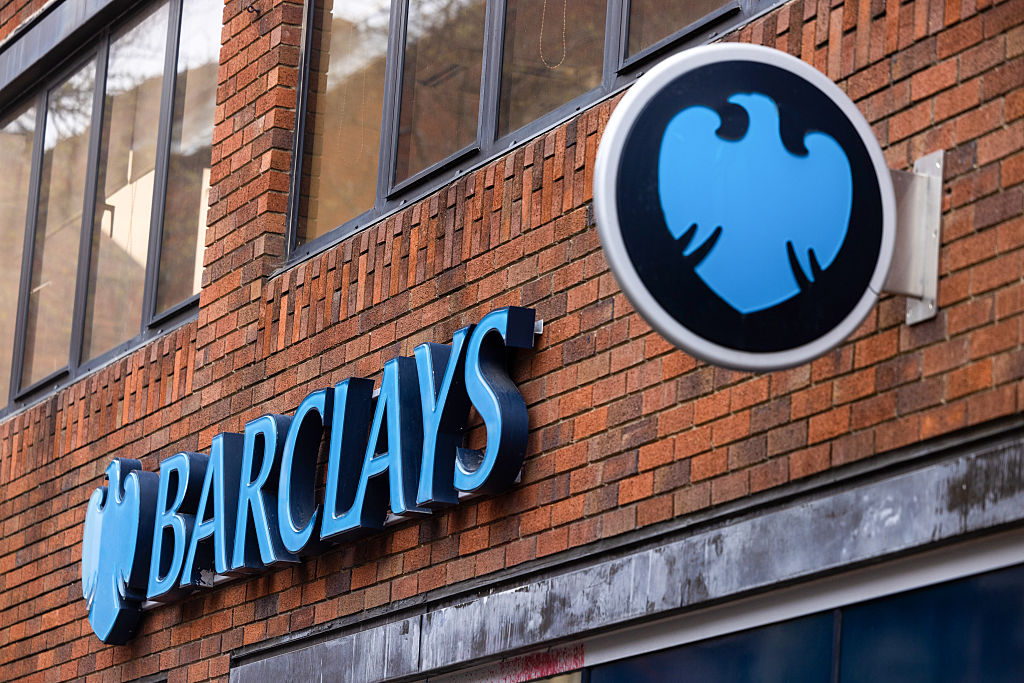 Barclays bank switch: how to get £400 'free' cash by moving accounts
Barclays bank switch: how to get £400 'free' cash by moving accountsBarclays has unveiled a £400 current account switching offer, running alongside its £500 ISA transfer deal. Which accounts are on offer, and are you eligible?
-
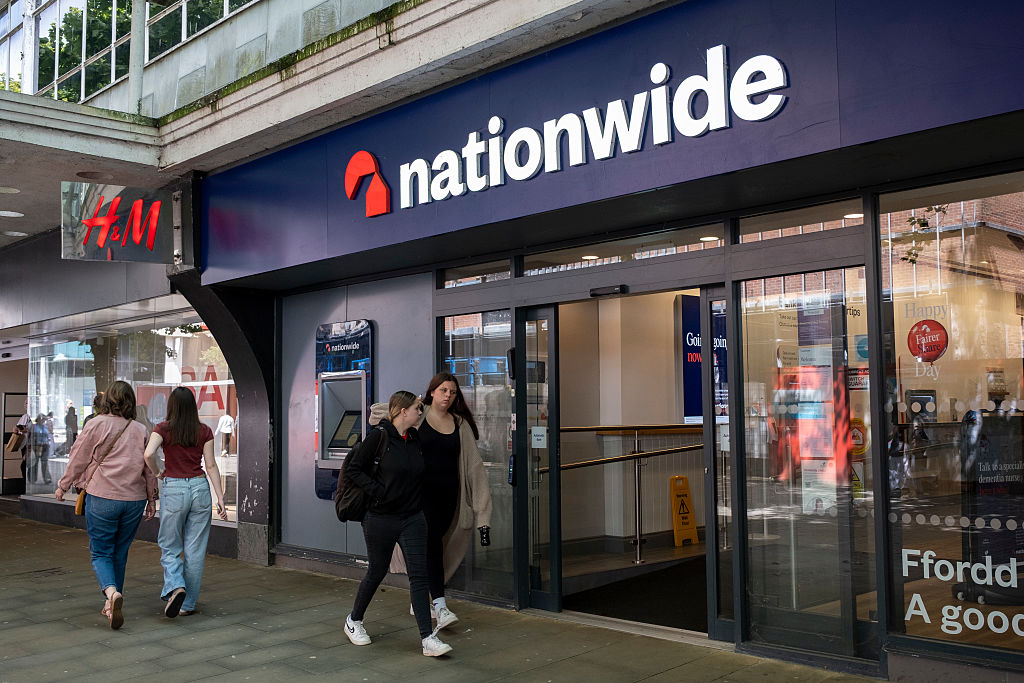 Nationwide Building Society launches £175 switching deal – who is eligible?
Nationwide Building Society launches £175 switching deal – who is eligible?Nationwide Building Society has launched a new current account switching deal. We look at whether you are eligible, and how to get the free cash.
-
 Green mortgages: how do they work and how much can you save?
Green mortgages: how do they work and how much can you save?Most high-street lenders now offer some kind of green mortgage deal. We look at who’s eligible, how to apply and the mortgage rates and cashback on offer
-
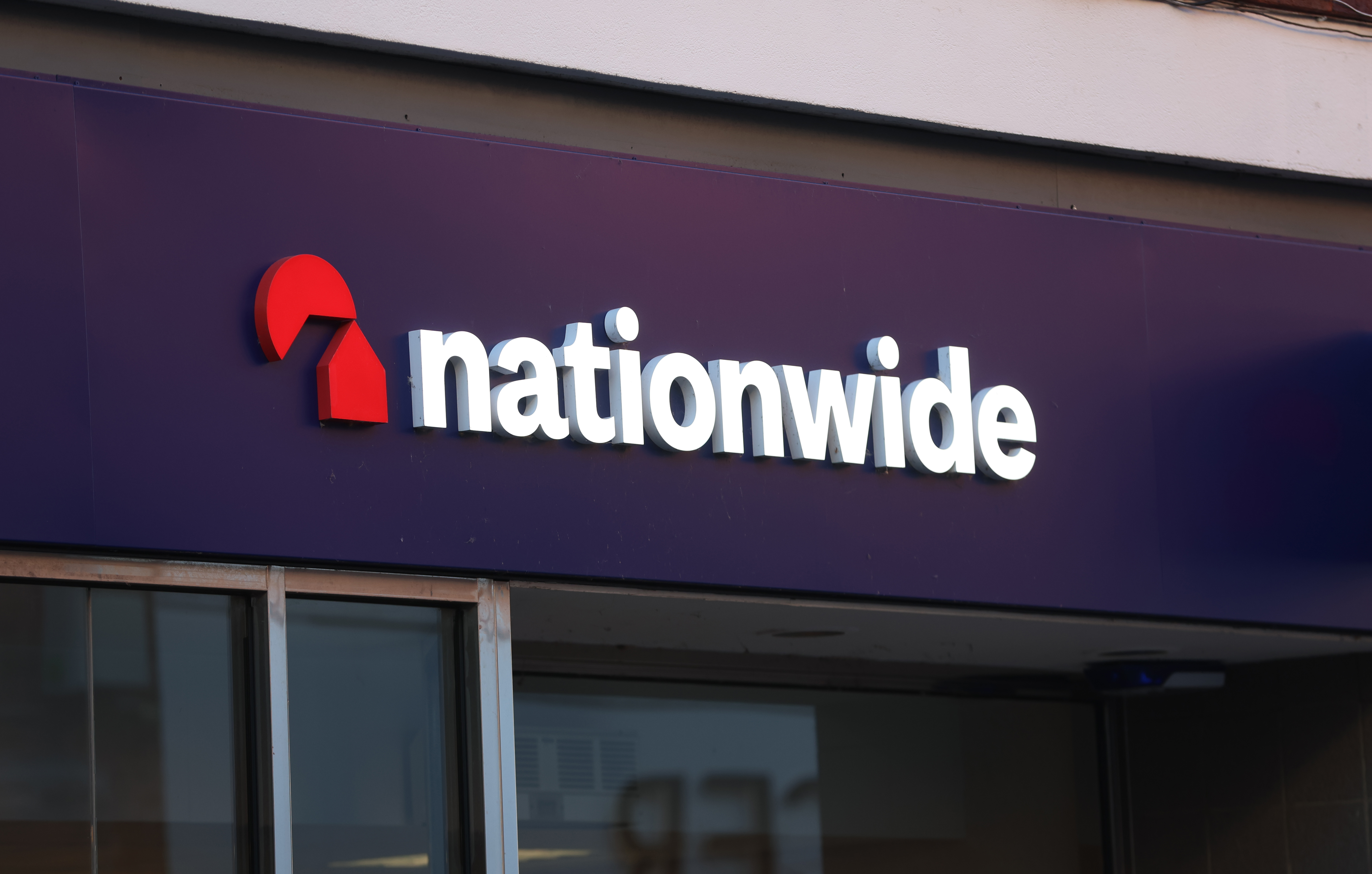 Did you get the £100 Nationwide bonus? Here’s how to check
Did you get the £100 Nationwide bonus? Here’s how to checkNationwide finished paying its £100 Fairer Share bonus last week. We explain what to do if you didn’t get it but think you’re eligible
-
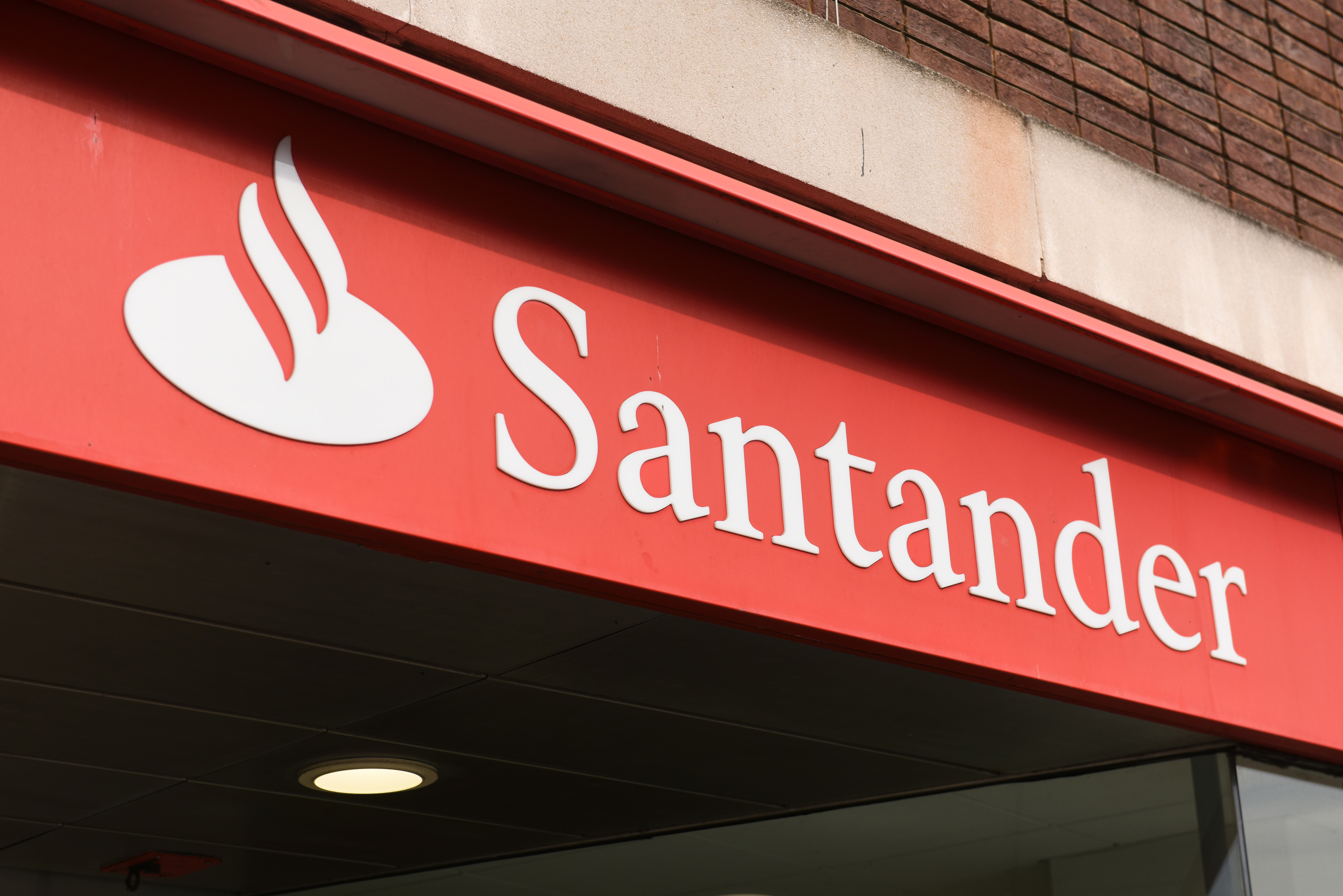 Santander launches free railcard offer - are you eligible?
Santander launches free railcard offer - are you eligible?Santander is offering a free four-year railcard to some customers from today. We explain who will qualify for the incentive
-
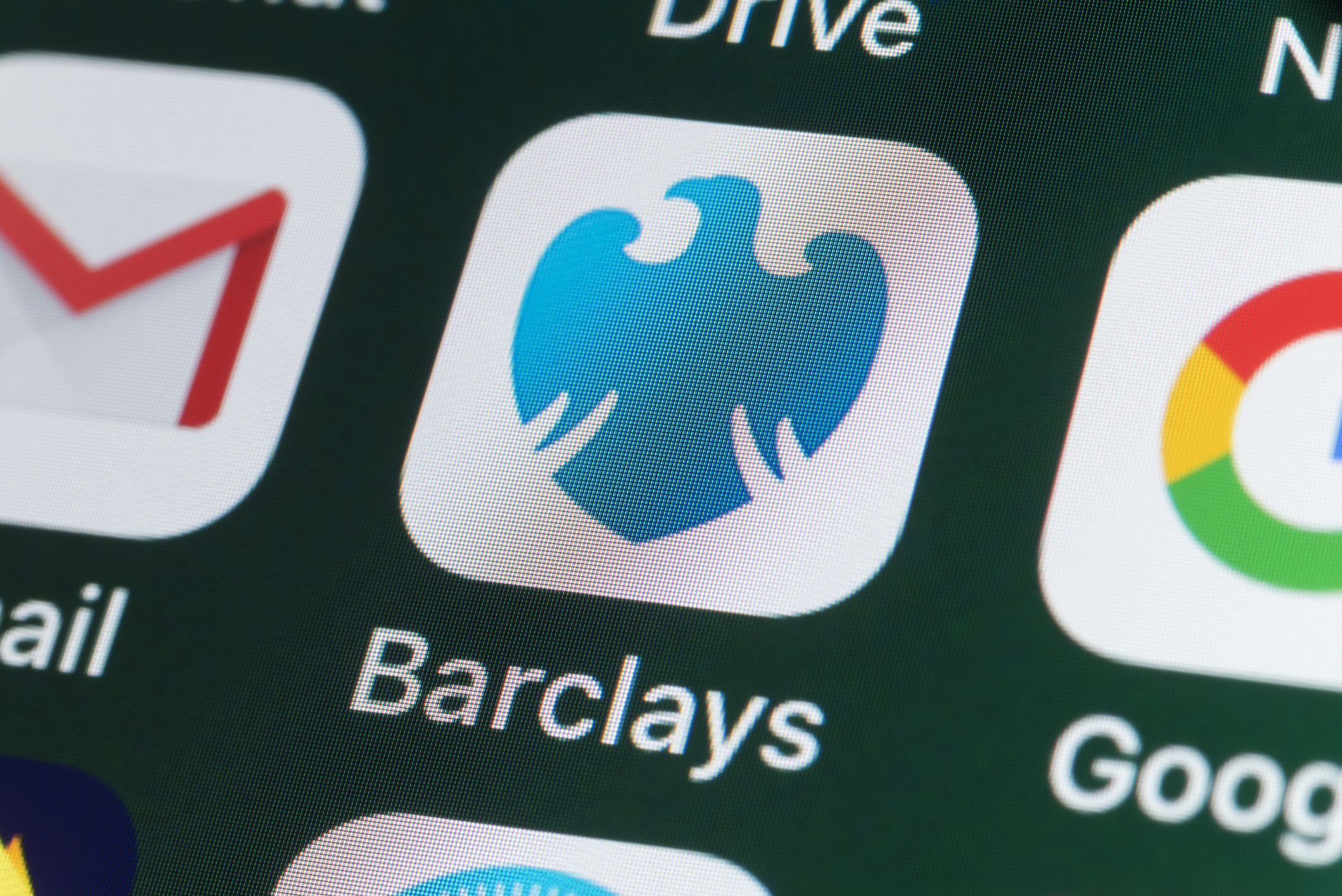 Barclays to pay millions in compensation after IT outage chaos
Barclays to pay millions in compensation after IT outage chaosBarclays intends to compensate customers after an IT outage caused payment problems for three days
-
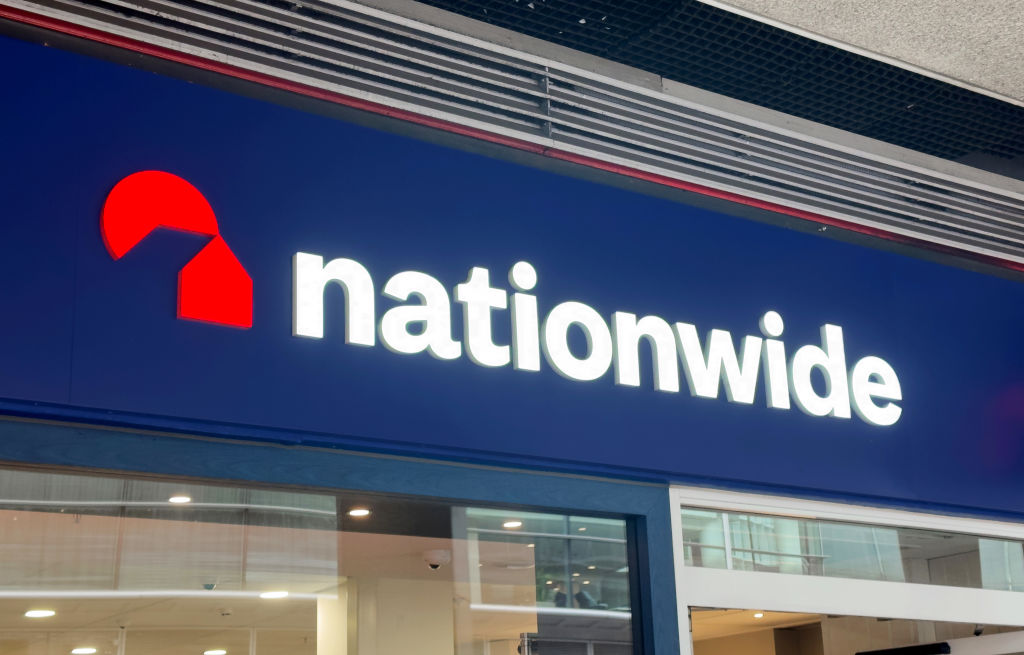 Nationwide to pull its £175 switching bonus - act now to get offer
Nationwide to pull its £175 switching bonus - act now to get offerThe building society is withdrawing its bank switching offer at the end of the month, after gaining thousands of customers last year. We explain how to qualify for the current account switching bonus